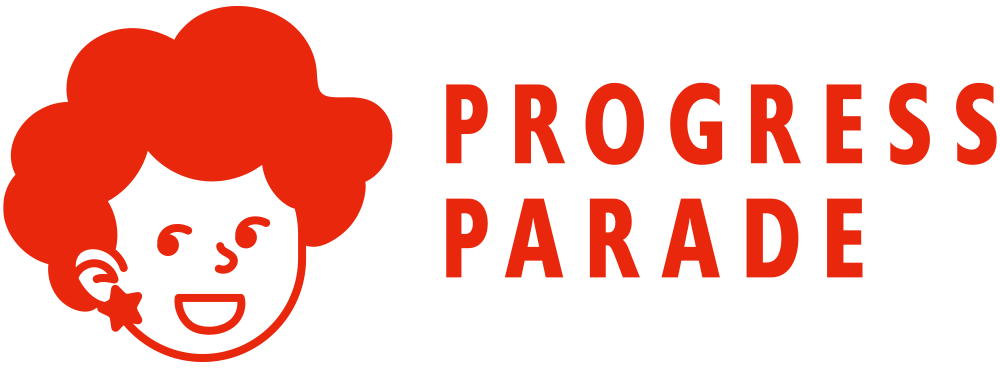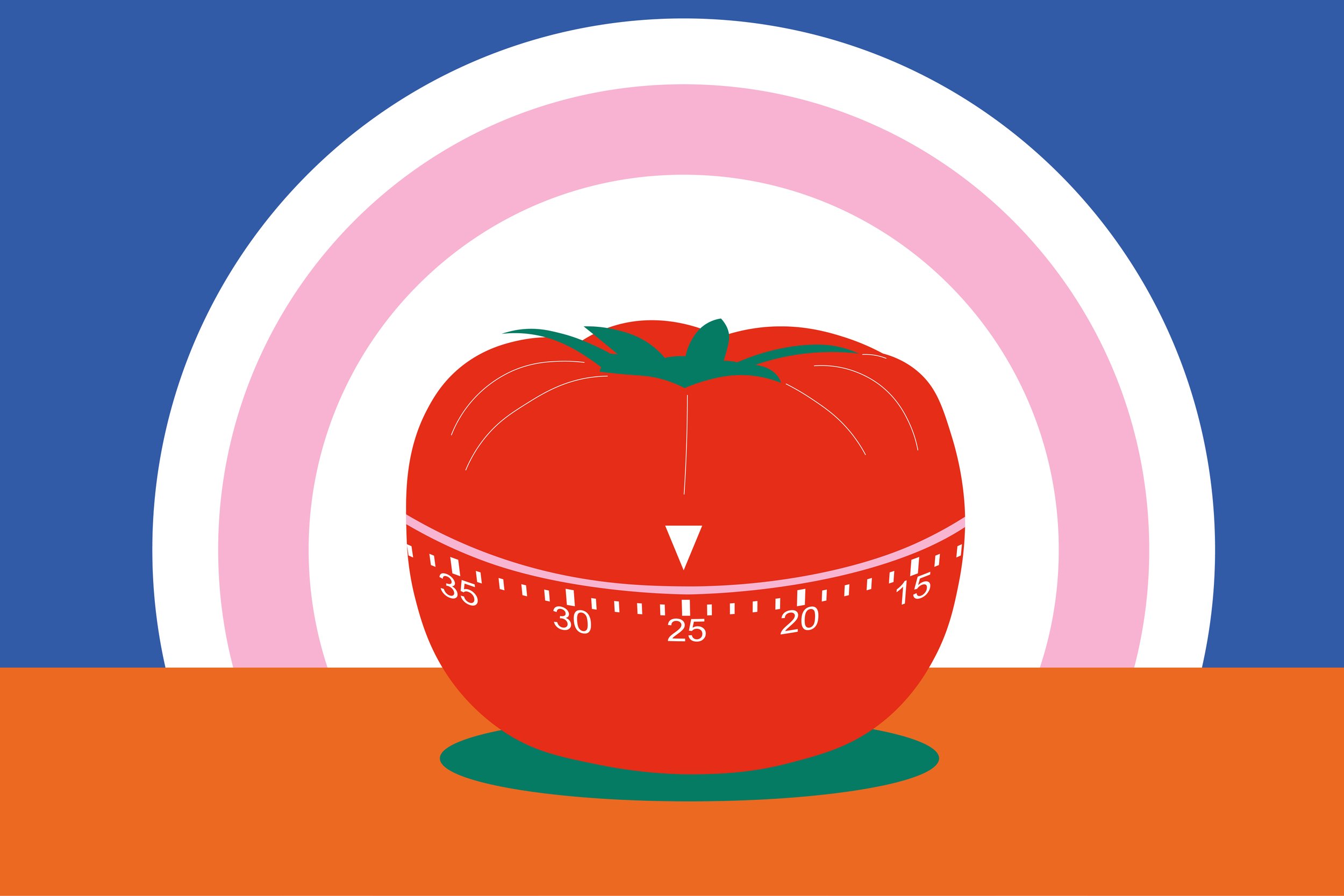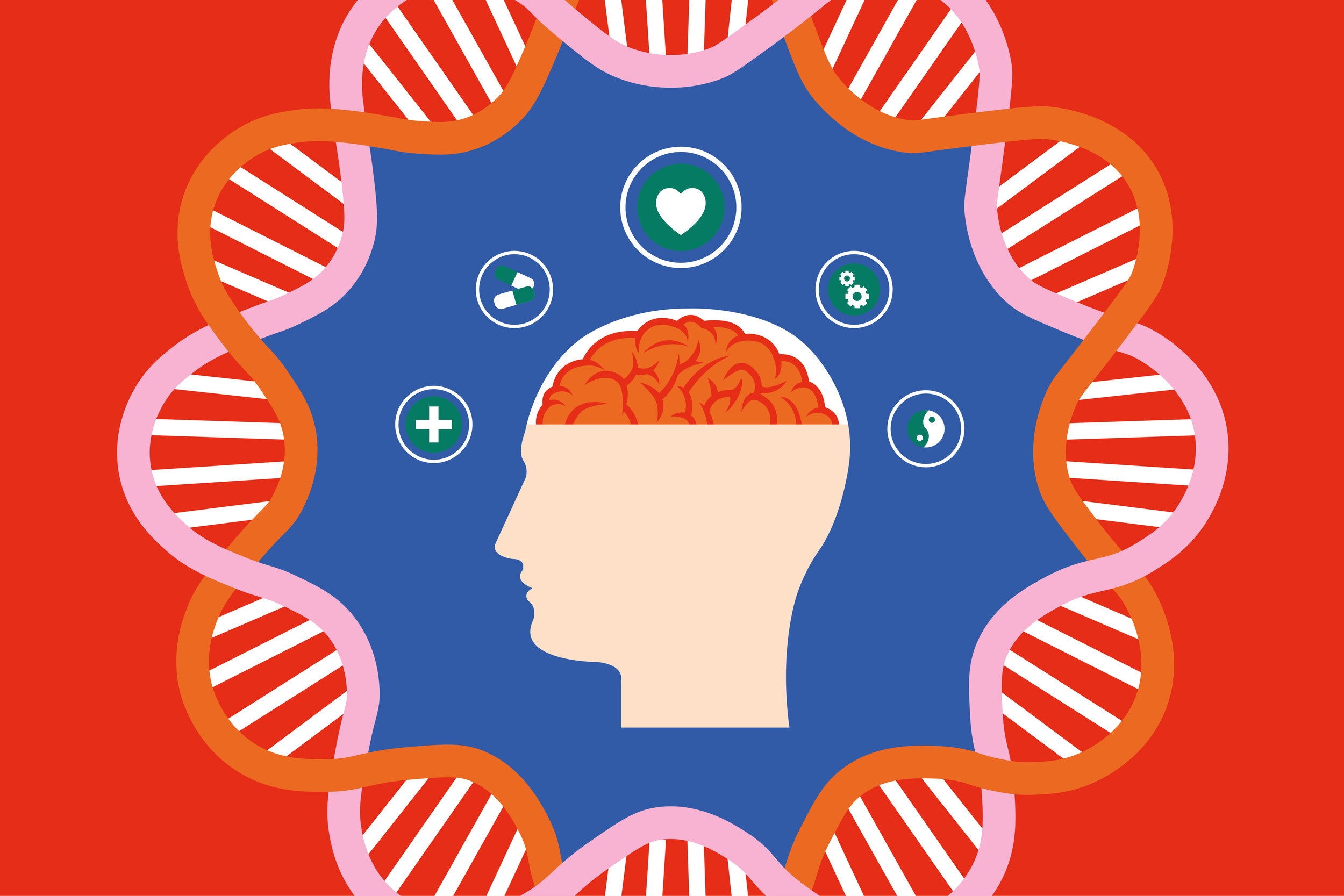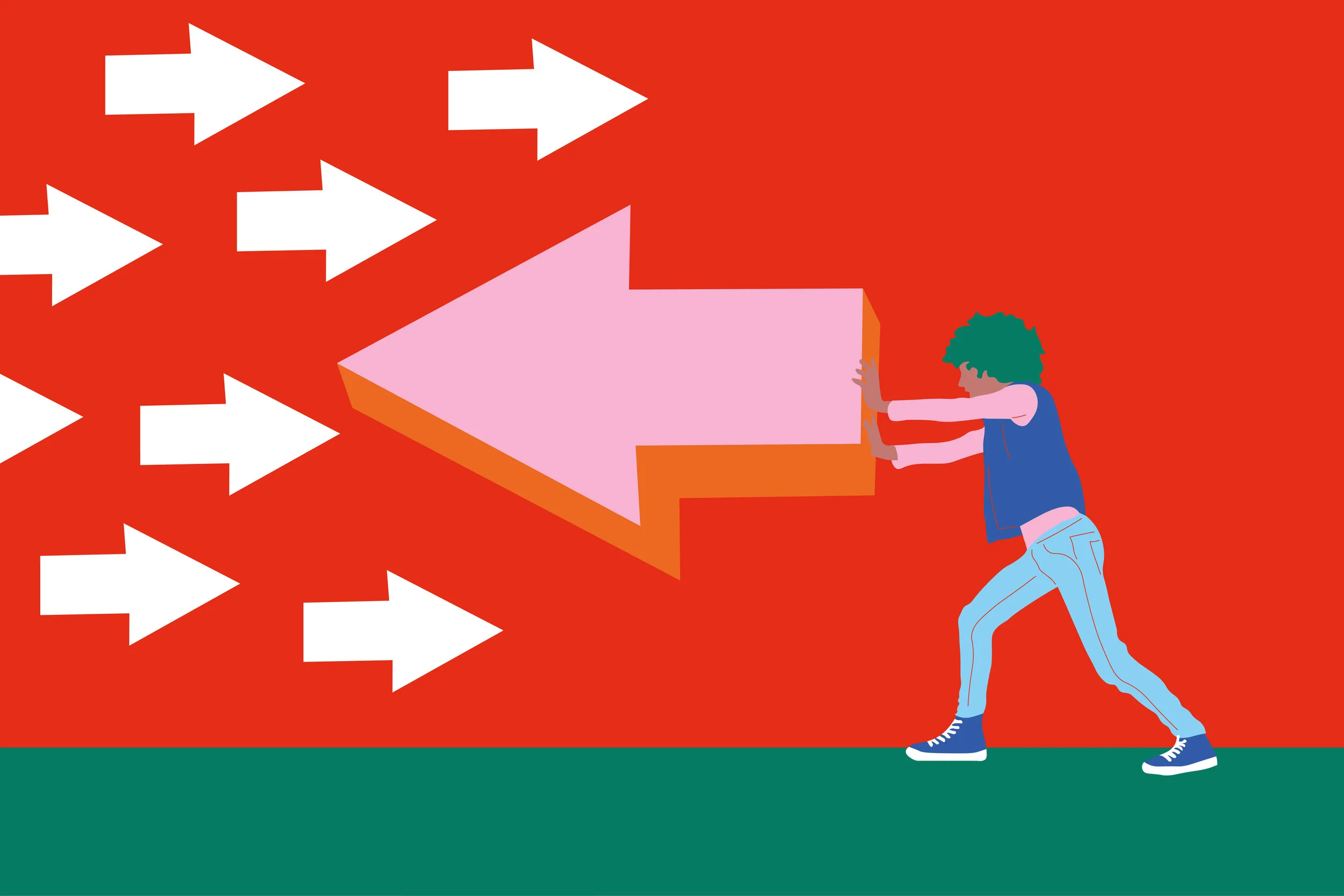My child has just been diagnosed with a learning disability. What now?
Learning that your child has a learning disability can be an emotional experience. You might be feeling overwhelmed. You might be a little relieved you have an explanation for the struggles you’ve been observing. You might be living in a world of “what ifs” or “why my child?” You might be worried about their frustrations or how to help them build resiliency. Maybe you’re worried what caused this or if you could have prevented it.
Common questions around a learning disability diagnosis
What does this mean for next steps?
Can my child be successful in school?
Will they have to switch classes or be seen as “slow” by their teachers?
How can I support them?
How will this impact their relationships with their classmates?
How will this impact their future?
We also want to take a minute to clarify some important information right away.
Students with learning disabilities can be successful in school.
Students with learning disabilities do need to have their instruction tailored to their specific needs.
Students with learning disabilities can go to college
You are your child’s best support. You know your child better than anyone else. You are a team with your child’s teacher or clinician – together you’ll create the best plan and approach to learning. What you learn here will help you understand the next steps you can take and what they will look like.
“Students with learning disabilities can be successful in school.”
Now that you’re ready to take the next steps, let’s walk through them.
Learn more about learning disabilities
Find out what you can about your child’s specific type of learning disability (do they struggle with reading fluency? Written expression – what areas particularly? Math calculation?)
Look through the evaluation report or ask for a more detailed explanation from the evaluator about what your child’s specific deficits are – this information is what guides interventions and supports, and let’s you know if progress is being made.
Find out what the grade level expectations are for those skills, and where your child is in comparison to them. How big is the gap? What is the growth rate you can expect from the interventions?
Are there any cognitive processes impacted, including memory and organization? What did the clinician observe and what was recommended in this area?
Understand what supports and modifications are available to students with disabilities.
If your child received an IEP, learn what you can about your rights and protections under special education law.
Research treatments and services for learning disabilities
An evaluation should provide a detailed plan for intervention and remediation.
They will most likely offer more recommendations than you can actually pursue, so give yourself time to work through them slowly. Investigate the different options and focus on a few: maybe a specific academic intervention (e.g. Wilson for decoding or a learning disabilities tutor), a behavioral change (e.g., creating a specific approach to homework), and an emotional or social support (e.g., practicing stepping away for a break when frustrated) if needed.
If your child received an IEP, the team will have created a learning plan and will implement the academic intervention at school. You can support your child’s learning by asking how you can reinforce their strategies at home.
Seek additional supports, if you can afford the time and cost
Executive functioning tutoring or educational therapy
Specific interventions, if the school does not have them available
“The evaluation will most likely offer more recommendations than you can actually pursue, so give yourself time to work through them slowly. ”
Social-emotional health and learning disabilities
Help your child learn to communicate in a healthy way, deal with frustration and work through challenges
One challenge for children is when they believe that all others can do skills easier and quicker than they can. As adults, we can often look back objectively and say with certainty that other kids are struggling too (or that the other kids likely have to work hard at home when we can’t see them, too), this can be hard for a child to believe. Be understanding of this frustration.
Create a strong support system at home
Are there online resources that can help them?
Strengthen your communication and frustration tools so you can respond in a healthy and helpful manner
Help them build a strong support system at school
Who can they go to if they need help with work?
Who can they go to if they are frustrated?
Strengths
Your child is more than their disability! They have strengths too – what are they? Do they excel in another academic area? Are they talented in an instrument, sport, or creative area? Encourage them in those areas – building on those strengths and positively reinforcing them will positively impact their self-esteem. This will carry over to their resilience into their areas of challenge.
Encourage an interest in learning – all exploration is important learning.
Organization
Find a space in your home to keep track of paperwork – there’s probably going to be a lot!
Keep notes, copies of your child’s assignments, and any reports from your child’s school regarding your child’s performance in a folder so that you can document any patterns.
Monitor progress
Watch your child’s progress to be sure that your child’s needs are being met.
If you don’t think progress is happening, talk to your child’s team – you can always request a meeting even if their annual review or three year eligibility meeting isn’t for awhile
Find Your Own Support
Local: within your school district or community
National: Learning Disabilities Association of America, Center for Parent Information & Resources
Federal: IDEA Parent Resources
Online: Understood
We hope this guide will help give you a frame to work from. The better informed you are, the better you can support your child’s success!
For more information check out our primer on learning disabilities. Stay tuned for the next article in the series, about the relationship between learning disabilities and other disabilities such ADHD, intellectual disability, and twice exceptional.
Guidance from a school psychologist on steps to take after a new learning disability diagnosis.
































